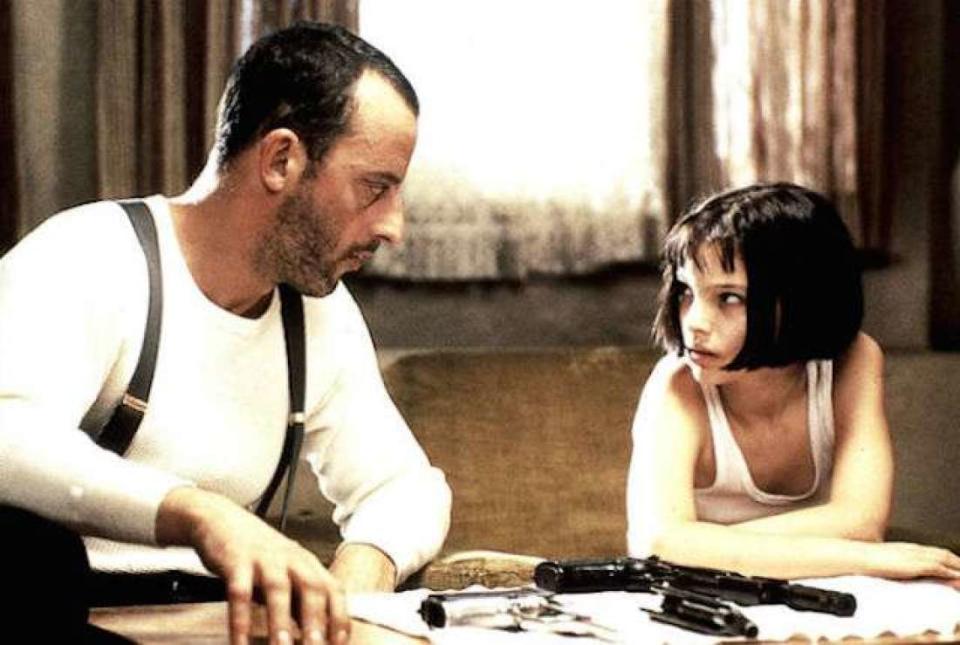Natalie Portman says being associated with the 'Manic Pixie Dream Girl' trope is 'very upsetting'

Natalie Portman has a wide-ranging career that spans decades but if there is one type of role she regrets its the ones that perpetuate problematic female tropes.
In particular, the actress hates being associated with the ‘Manic Pixie Dream Girl’ label that she earned through her role in Zach Braff’s 2004 film Garden State as well as the ‘Lolita’ tag from playing Mathilda in Leon (1995).
“I was very lucky that what I was cast in wasn’t anything deliberate — serious adult fare and not child-appropriate things,” Portman told Vanity Fair. “But I feel like I totally ended up in female tropes, like Lolita.
“And clearly I was part of the Manic Pixie Dream Girl coining. I find it very upsetting to be part of that.”

‘Manic Pixie Dream Girl’ was a term coined by film critic Nathan Rabin while reviewing the Orlando Bloom-Kirsten Dunst movie Elizabethtownn (2005).
Rabin describes Dunst’s character as an MPDG who “exist solely in the fevered imaginations of sensitive writer-directors to teach broodingly soulful young men to embrace life and its infinite mysteries and adventures.”
Portman’s character Sam certainly fits this bill as the eccentric epileptic was created by Braff as a way for his listless hero to find love, meaning and a way out of his depressive state.
Earlier this year, the actress spoke of the harmful aftermath she endured after playing the Lolita character in Luc Besson’s Leon.

At the Woman’s March, Portman described in detail the “sexual terrorism” she suffered:
I turned 12 on the set of my first film in which I played a young girl who befriends a hitman and hopes to avenge the murder of her family. The character is simultaneously discovering and developing her womanhood, her voice, and her desire. At that moment in my life, I too was discovering my own womanhood, my own desire, and my own voice. I was so excited at 13 when the film was released and my work and my art would have a human response. I excitedly opened my first fan mail to read a rape fantasy that a man had written me. A countdown was started on my local radio show to my 18th birthday, euphemistically the date that I would be legal to sleep with. Movie reviewers talked about my budding breasts in reviews.
At 13 years old, the message from our culture was clear to me. I felt the need to cover my body and to inhibit my expression and my work in order to send my own message to the world: That I’m someone worthy of safety and respect. The response to my expression from small comments about my body to more threatening deliberate statements served to control my behavior through an environment of sexual terrorism.
In her latest film, Vox Lux, Portman plays a pop star mounting a comeback after a scandal almost derails her career and meteoric rise to fame.
The actress has already earned critical acclaim for the movie after it premiered at the Venice Film Festival and it’s likely she’ll earn get more than a few nods this awards season.
Vox Lux is out in UK cinemas on December 7
READ MORE
Arquette paid 50% less than del Toro for new show
10 horror movies that don’t scare you anymore
First look at Henry Cavill in The Witcher

 Yahoo Movies
Yahoo Movies 
